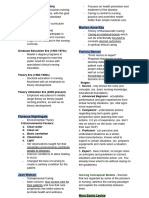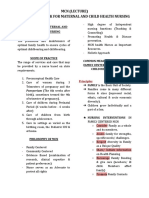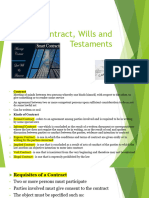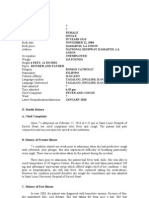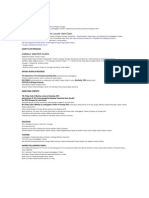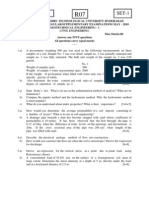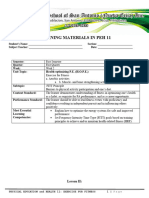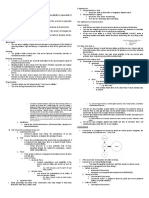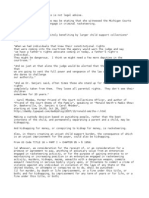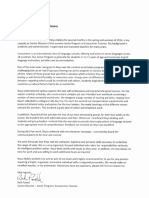Leadership and Management Theories
Uploaded by
Rommel Luis C. Israel IIILeadership and Management Theories
Uploaded by
Rommel Luis C. Israel IIILeadership and Management Theories
1. Early Leadership Theories
These theories focused on the traits and behaviors of leaders.
• Great Man Theory – Leaders are born, not made; leadership is inherent and reserved for
'great' individuals.
• Trait Theory – Certain personality traits (e.g., intelligence, confidence, determination)
make effective leaders.
• Behavioral Theories – Leadership is defined by observable actions, not innate traits.
Includes autocratic, democratic, laissez-faire styles; Ohio State & Michigan studies (task vs.
people orientation).
• Situational/Contingency Theories – Effective leadership depends on the situation (e.g.,
Fiedler’s Contingency Model, Hersey & Blanchard’s Situational Leadership).
2. Early Management Theories
These theories shaped how organizations and managers function.
• Scientific Management (Frederick Taylor) – Focus on efficiency, standardization, and
productivity; 'one best way' to do a task.
• Bureaucratic Management (Max Weber) – Hierarchical structure, rules, and formal
authority; emphasis on order and impartiality.
• Administrative Management (Henri Fayol) – 14 principles of management (e.g., unity of
command, division of work, authority).
• Human Relations Approach (Elton Mayo & Hawthorne Studies) – Recognized importance
of social factors and employee motivation; productivity linked to morale.
3. Contemporary Leadership & Management Theories
These combine behavioral, relational, and modern organizational insights.
• Transformational Leadership – Inspires and motivates followers beyond expectations;
focus on vision, change, empowerment.
• Transactional Leadership – Based on rewards and punishments; emphasizes structure,
supervision, and performance.
• Servant Leadership – Leader prioritizes the needs of others, promotes growth and well-
being.
By: ROMMEL LUIS C. ISRAEL III
Clinical Instructor
• Authentic Leadership – Transparency, ethical behavior, and self-awareness.
• Systems Theory of Management – Organization as an interrelated system of parts working
together.
• Contingency/Adaptive Leadership – Leaders must adapt style based on environment and
challenges.
• Complexity and Chaos Theory in Management – Organizations as dynamic, nonlinear
systems; leaders must embrace uncertainty and adaptability.
References:
Bass, B. M., & Riggio, R. E. (2006). Transformational leadership (2nd ed.). Lawrence Erlbaum
Associates.
Burns, J. M. (1978). Leadership. Harper & Row.
Fayol, H. (1949). General and industrial management (C. Storrs, Trans.). Pitman. (Original
work published 1916)
Fiedler, F. E. (1967). A theory of leadership effectiveness. McGraw-Hill.
Greenleaf, R. K. (1977). Servant leadership: A journey into the nature of legitimate power
and greatness. Paulist Press.
Hersey, P., & Blanchard, K. H. (1982). Management of organizational behavior: Utilizing
human resources (4th ed.). Prentice Hall.
Mayo, E. (1933). The human problems of an industrial civilization. Macmillan.
Northouse, P. G. (2021). Leadership: Theory and practice (9th ed.). SAGE Publications.
Taylor, F. W. (1911). The principles of scientific management. Harper & Brothers.
Weber, M. (1947). The theory of social and economic organization (A. M. Henderson & T.
Parsons, Trans.). Free Press. (Original work published 1922)
Yukl, G. A. (2013). Leadership in organizations (8th ed.). Pearson Education.
By: ROMMEL LUIS C. ISRAEL III
Clinical Instructor







